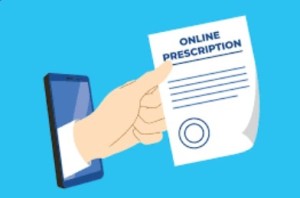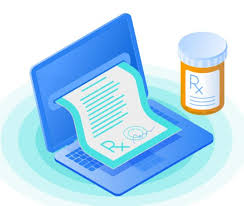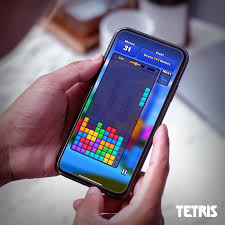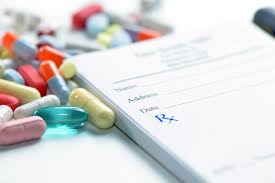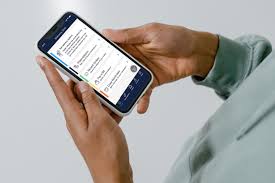When it comes to healthy lifestyle, the chatter seems to have shifted from diet to drugs. Instead of “you are what you eat” you could say, “you are… the product of whatever prescription you can afford”. A regimen of Ozempic, the trendy weight loss injection of celebrities, will set you back $1,000 USD a month. So with this kind of pharmaceutical spending in mind, it was refreshing to read an article about the Atlantic Diet, a fresca (fresh) foods spinoff of its more famous predecessor, the Mediterranean.

Because it’s a common way to eat in Spain and Portugal, the Atlantic is formally known as the Southern European Traditional Atlantic Diet (a real “mouthful” there). But you can just call it “The Atlantic” because it’s so simple. A lot of fresh fish, a little meat and dairy, vegetables, whole-grain bread, and the occasional glass of wine. To contrast, the Mediterranean demands more plant-based foods like fruits, vegetables, and olive oil on top of just about everything.
No surprise, the Atlantic improves your health by lowering blood pressure, insulin resistance, total cholesterol, and the circumference of your waist. It’s not rocket science but it still takes fortitude to pass up the other temptations of, say, the American diet. Soft drinks. Processed foods. Just about anything with sugar in it. The usual sacrifices that come with a healthy diet.
 There’s a more challenging aspect of the Atlantic diet besides whole foods. The meals are meant to be home-cooked and served family style, encouraging social interaction. Accordingly, an Atlantic dieter should a) turn off the TV, b) put away the cell phone, c) focus on meaningful conversations, d) chew slowly, and e) pause between bites. Talk about overhauling the way you eat, huh? So I ask, especially to you fellow Americans, which of those five would be the hardest to achieve? You’re forgiven if you answer “all of the above”.
There’s a more challenging aspect of the Atlantic diet besides whole foods. The meals are meant to be home-cooked and served family style, encouraging social interaction. Accordingly, an Atlantic dieter should a) turn off the TV, b) put away the cell phone, c) focus on meaningful conversations, d) chew slowly, and e) pause between bites. Talk about overhauling the way you eat, huh? So I ask, especially to you fellow Americans, which of those five would be the hardest to achieve? You’re forgiven if you answer “all of the above”.
 Admittedly, my wife and I would be challenged by the Atlantic approach. We enjoy making dinner together, but after a long day there’s nothing more appealing than plopping our meals on trays and sitting down to another episode of mindless streaming TV. And the cell phones are always nearby in case a text chimes in. We’re so immersed in our show in fact, who knows how fast we chew or if we ever pause between bites. Heck, do we even taste what we’re eating?
Admittedly, my wife and I would be challenged by the Atlantic approach. We enjoy making dinner together, but after a long day there’s nothing more appealing than plopping our meals on trays and sitting down to another episode of mindless streaming TV. And the cell phones are always nearby in case a text chimes in. We’re so immersed in our show in fact, who knows how fast we chew or if we ever pause between bites. Heck, do we even taste what we’re eating?
 At least we’re not tempted by Ozempic. “Miracle drug” perhaps, but don’t ignore the side effects. Dropping the weight through injections can gift you with blurred vision, gallstones, allergic reactions, and a constant state of exhaustion (just to name a few). Worst of all, you might literally wear your results with “Ozempic face”, a hollowed-out look with sagging skin and signs of premature aging. No thanks. Those couple of countries on the other side of the Atlantic have a much better approach.
At least we’re not tempted by Ozempic. “Miracle drug” perhaps, but don’t ignore the side effects. Dropping the weight through injections can gift you with blurred vision, gallstones, allergic reactions, and a constant state of exhaustion (just to name a few). Worst of all, you might literally wear your results with “Ozempic face”, a hollowed-out look with sagging skin and signs of premature aging. No thanks. Those couple of countries on the other side of the Atlantic have a much better approach.
Some content sourced from the CNN Health article, “A cousin to the Mediterranean Diet: the Atlantic Diet explained”, and Wikipedia, “the free encyclopedia”.

